
Engaging with civil society after Facebook revelations
On 8 December 2021, ICJ alongside 20 other civil society organisations sent a letter to Frances Haugen, the former Facebook employee who spoke out about the tech giant’s business model and the problems it raises for human rights, inviting her to speak and exchange ideas with us. We believe that engaging with civil society is crucial in order to find solutions that work for businesses and individuals alike.
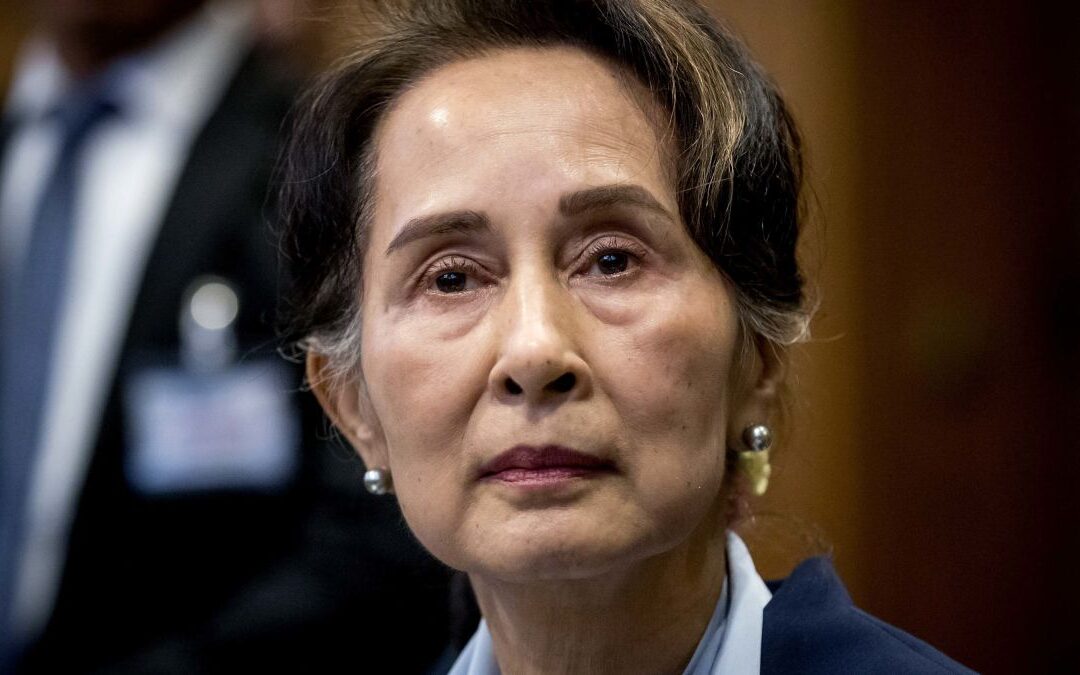
Myanmar: Authorities must immediately quash convictions of Aung San Suu Kyi and Win Myint after sham trial and conviction
The conviction of State Counselor Aung San Suu Kyi and President Win Myint by a Myanmar military tribunal is a travesty of justice and constitutes further evidence of the military’s control over the judiciary, said the ICJ today.
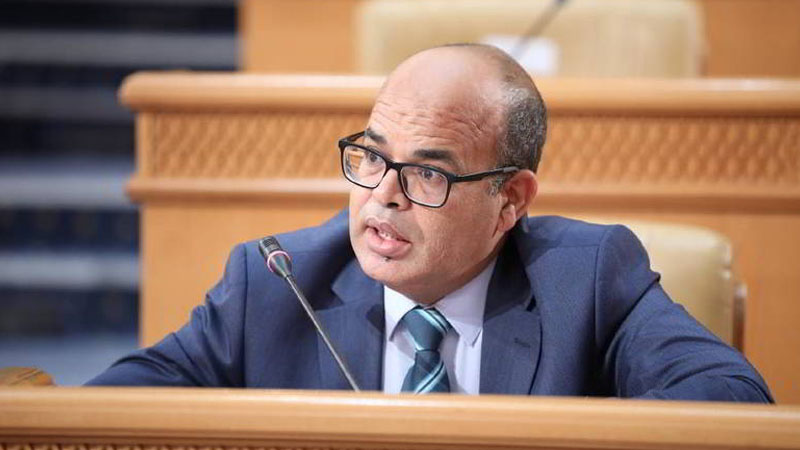
Tunisia: Stop attacks on the judiciary
The on-going attacks against the High Judicial Council and the judiciary are an affront to the separation of powers and the rule of law and must stop immediately, said the International Commission of Jurists (ICJ) today.
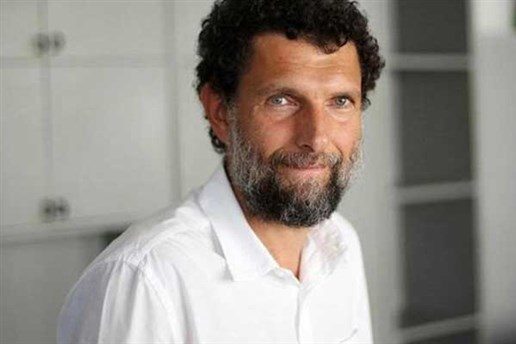
Turkey: Council of Europe triggers infringement process against Turkey for failure to free Osman Kavala
The Council of Europe’s Committee of Ministers decision notifying Turkey it will start infringement proceedings over its failure to comply with the European Court of Human Rights’ (ECtHR) order to free the jailed human rights defender Osman Kavala is a welcome step, Human Rights Watch, the International Commission of Jurists, and the Turkey Litigation Support Project said today.
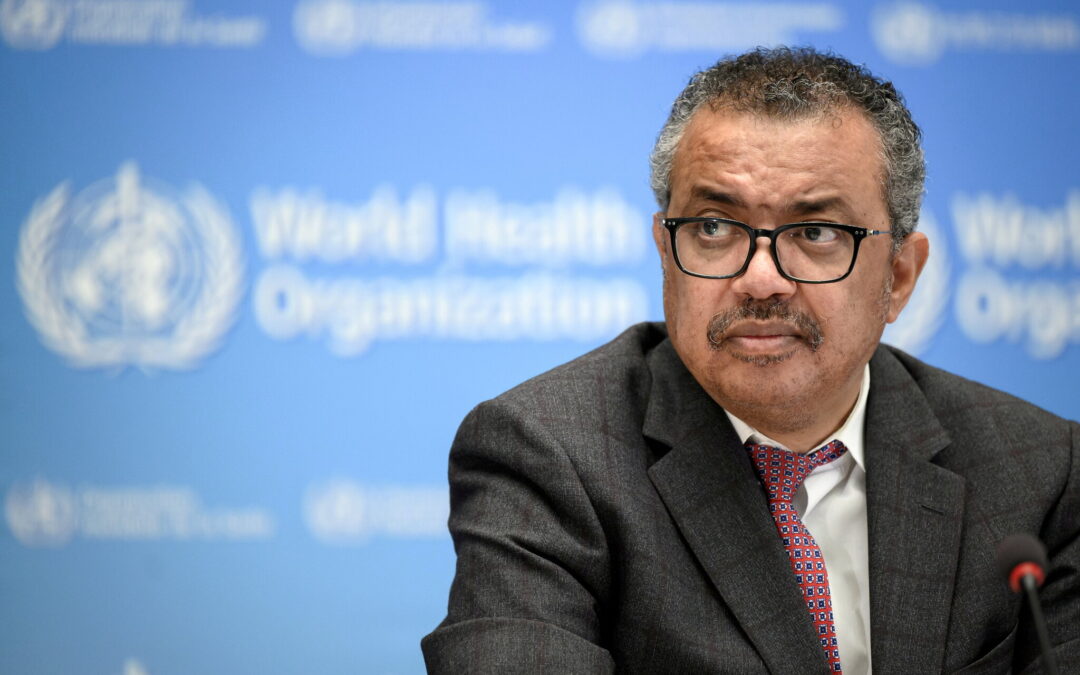
Global organizations’ statement repeats calls on the World Health Organization to ensure a Pandemic Treaty grounded in human rights law and standards
Member States of the WHO met over the last week to discuss the development of a Pandemic Treaty, committing to a process spanning between 2022-2024 and to hold public meetings to inform these deliberations. Today, alongside the undersigned organizations, the ICJ repeats calls on the World Health Organization to ensure a fully consultative process grounded in human rights law and standards.
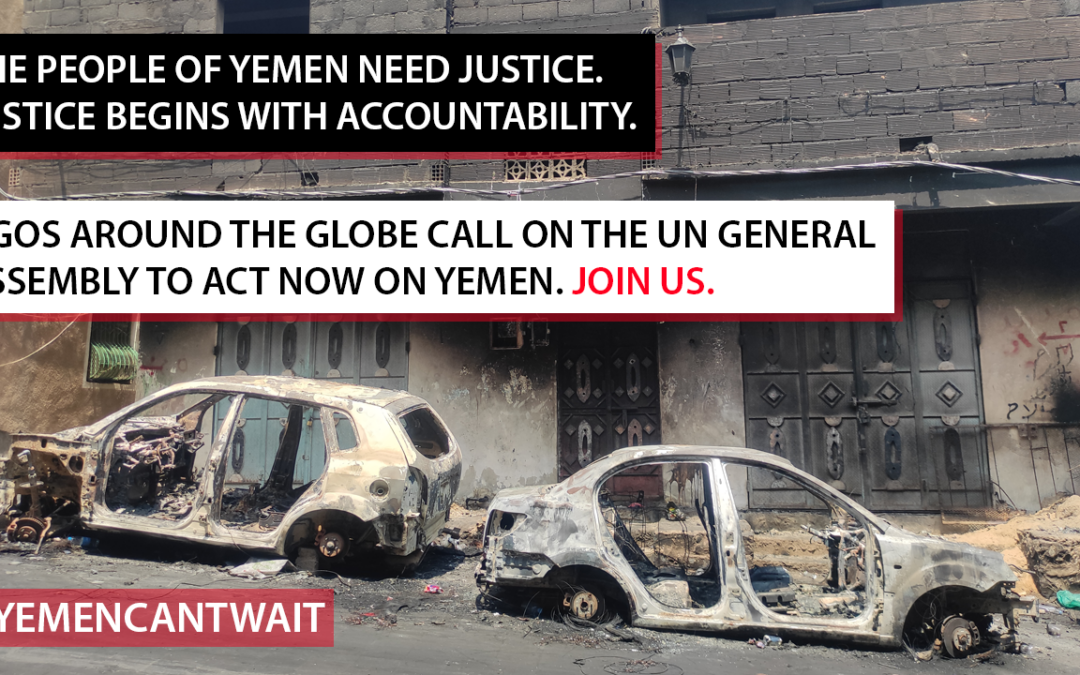
Civil Society Groups Seek Urgent UN Action on Yemen
The United Nations General Assembly should act swiftly to establish an investigative mechanism to gather and preserve evidence of serious human rights abuses and violations of the laws of war in Yemen, a coalition of more than 60 organizations said today.




